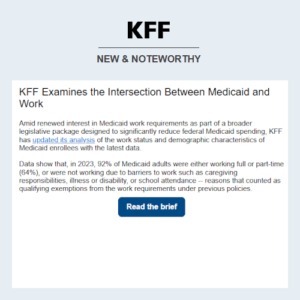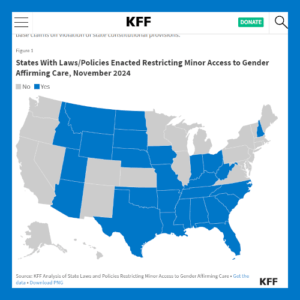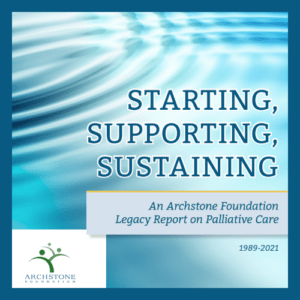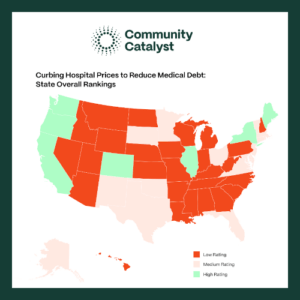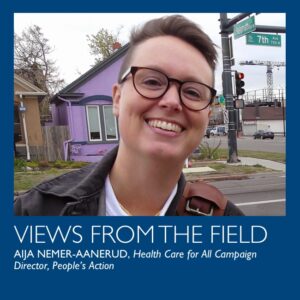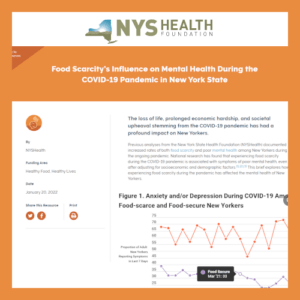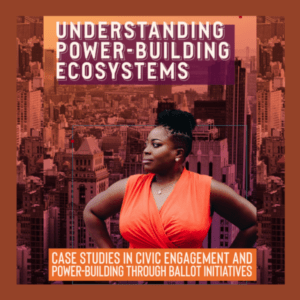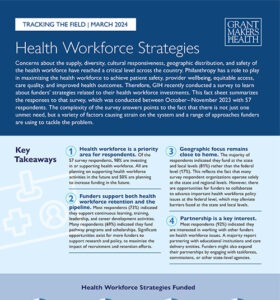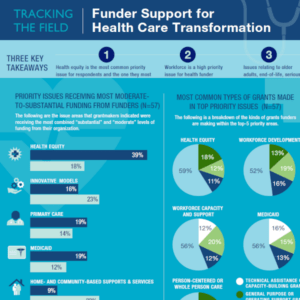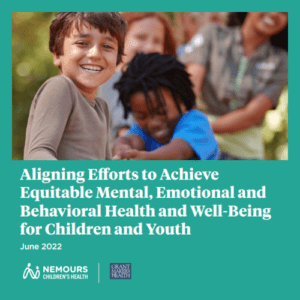Featured Resources
Data Show That The Majority of Adult Medicaid Enrollees are Working
Amid renewed interest in Medicaid work requirements as part of a broader legislative package designed to significantly reduce federal Medicaid spending, KFF has updated its analysis of the work status and demographic characteristics of Medicaid enrollees with the latest data.
Youth Access to Gender Affirming Care at the Supreme Court: What to Know
Ahead of December 4 arguments in a Supreme Court case (U.S. v. Skrmetti) challenging the constitutionality of Tennessee restrictions for gender affirming care for minors, KFF explores the background of the case and potential rulings.
Explore Access and Quality Topics
Latest Resources
The Power of Partnerships in Improving Health Care Access and Outcomes
Partnerships are essential to improving health care access, and outcomes, and forming partnerships require listening, learning, transparency, and flexibility.
The Time is Now: A Call for Philanthropic Engagement in the Implementation of the New 988 Mental Health Crisis Hotline
The Sozosei Foundation believes that 988 provides a once in a lifetime philanthropic opportunity to create the mental health and crisis response services that, frankly, have never been properly resourced. We believe that this will help to decriminalize mental illness and significantly move the needle on our overarching goal of eliminating the use of jails and prisons for the diagnosis and treatment of mental illness.
TRAILS: A Landmark Public-Private Partnership for Youth Mental Health
As funders, we recognize that expansive challenges often require expansive solutions—and that building sustainable mental health support requires broad community buy-in. Our work with the University of Michigan organization TRAILS exemplifies this effort: by embedding mental health services directly into schools, TRAILS works to ensure that all students have access to the care they need.
Publications and Reports
2024 Survey Summary: Health Workforce Strategies
Concerns about the supply, diversity, cultural responsiveness, geographic distribution, and safety of the health workforce have reached a critical level across the country. Philanthropy has a role to play in maximizing the health workforce to achieve patient safety, provider well-being, equitable access, care quality, and improved health outcomes. Therefore, GIH recently conducted a survey to learn about funders’ strategies related to their health workforce investments.
Funder Support for Health Care Transformation
This infographic summarizes the responses to a Grantmakers In Health funder poll, conducted October 2022, on how philanthropy is supporting health care transformation efforts, especially those concerned with improving quality of life, coordinating complex care, and taking patient preferences into account.

